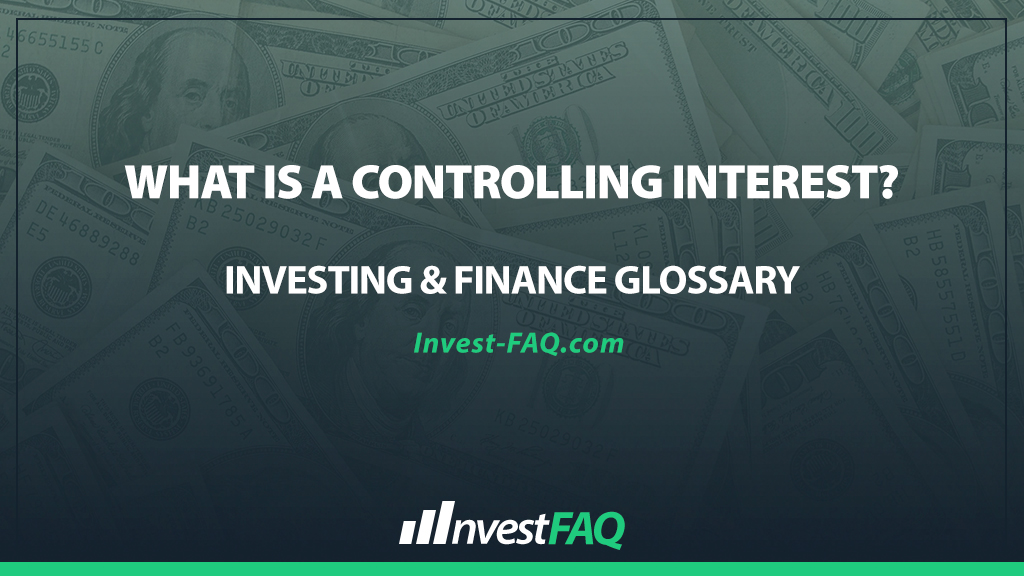
Controlling Interest
Contents
A controlling interest is an ownership interest in a business entity through shares, sufficient to dictate the company’s policies, operations, and strategic direction. Typically, this means owning more than 50% of the company’s voting stock, granting the shareholder majority control.
In the business context, controlling interest is crucial for strategic decision-making and governance.
It allows the controlling party to make unilateral decisions regarding corporate actions, financial practices, mergers and acquisitions, and more. This level of control can significantly impact the company’s direction, operational practices, and financial health.
Example of a Controlling Interest
Consider “Opal Enterprises,” where an investor, Jane Doe, acquires 60% of the company’s outstanding shares. This stake grants her a controlling interest, enabling her to influence major decisions, such as electing the board of directors, approving mergers, or restructuring the company.
For instance, Jane decides to redirect Opal’s focus towards renewable energy, a move requiring significant capital investment and operational overhaul.
In this scenario, Jane Doe’s controlling interest in Opal Enterprises allows her to enact substantial changes to the company’s strategic direction without needing to seek approval from other shareholders.
Her decision to pivot towards renewable energy illustrates how a controlling stake can be used to realign a company’s business model, potentially affecting its market position, financial structure, and future profitability.
This demonstrates the power and responsibility held by individuals or entities with a controlling interest.
Types and Uses in Business Scenarios
Mergers and Acquisitions: A company with a controlling interest in another can decide to merge the controlled entity with another company or acquire additional assets.
Strategic Direction: Controlling shareholders can steer the company’s long-term strategy, including entering new markets or product development.
Financial Decisions: Decisions regarding dividends, financing, and investment priorities are often dictated by those with a controlling interest.
Governance: Electing board members and influencing corporate governance structures and policies.
The flexibility and power to make these decisions underscore the significance of controlling interests in shaping business landscapes.
Significance for Investing & Finance
From an accounting perspective, a controlling interest is significant for several reasons:
Consolidation: Companies under common control are required to consolidate their financial statements, presenting a unified financial position that reflects the total economic activities controlled by the parent entity.
Valuation: Assessing the value of a controlling interest often includes a premium over the market price of the shares, reflecting the additional power and influence it provides.
Disclosure: Regulatory bodies may require detailed disclosures about relationships and transactions between entities with common control, ensuring transparency and fairness in financial reporting.
In summary, a controlling interest not only provides significant power over a company’s strategic direction and operations but also carries with it a responsibility to manage the entity in a way that serves the best interests of all stakeholders.
The concept is vital in accounting and finance for its implications on consolidation, valuation, and disclosure, playing a crucial role in corporate governance and strategic management.
FAQ
How does owning a controlling interest differ from a minority interest in terms of decision-making power?
Owning a controlling interest grants an individual or entity the power to make unilateral decisions affecting the company’s strategic direction and operations, whereas a minority interest offers limited or no influence over such decisions.
What are the implications of a controlling interest on financial statement consolidation?
When an entity holds a controlling interest in another entity, it must consolidate the financial statements of both entities, presenting them as a single set of financials to reflect the total economic activities under common control.
Yes, the presence of a controlling shareholder can impact the stock value, as potential investors may value the shares differently, considering the reduced influence they would have on company decisions.
A controlling shareholder has a legal and ethical responsibility to act in the best interests of the company, including fair treatment of minority shareholders and consideration of their rights in major decisions.
